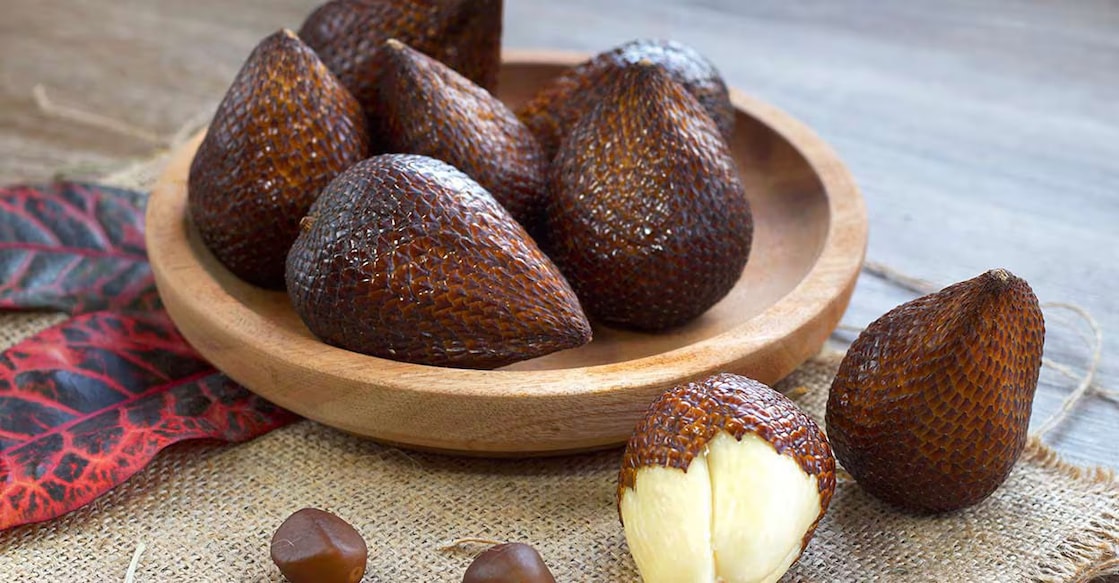Snake fruit: Did you know it has these nutritional benefits?

Mail This Article
Social media influencers who promote fruit diets often share videos of a uniquely textured fruit that is not easily available – Salak. Also known as memory fruit or 'snake' fruit due to its skin that reminds one of skin scales. It grows abundantly in the rainforests of southeast Asia. It grows to the size of an apple and the crunchy fruit's taste is a blend of acidic, sweet and tangy flavours. Its exotic taste draws people to try it more often. There are around 30 varieties of the fruit, and the most popular ones are 'salak pondoh,' 'salak Bali,' 'salak gula pasir' and 'salak Bali merah.'
Wines, jams and preserves are prepared with various varieties of this fruit, which is even enjoyed by many before it is fully ripe. It is also used in fruit salads, fruit juices, smoothies and ice creams. It's also blended with mangoes or pineapples to make delicious smoothies. 'Wedang Salak,' an Indonesian spicy drink made from the fruit is also a popular beverage in many parts of Asia. Salak fruit is also grown in Idukki, Wayanad, Pathanamthitta, Kannur and Thrissur districts in Kerala.
Why is it called memory fruit?
According to the traditional medicine practices of Indonesia, salak has several health benefits. The discipline says the fruit can improve memory and brain function and this is why it is called memory fruit. It is also an excellent source of vitamins A and C, potassium, magnesium, iron and minerals. Experts also say the fruit has antioxidants like flavanoids, carotenoids and phenolic compounds, which are good at neutralizing the harmful free radicals in our bodies. The fruit is also good for proper bowel movement and to prevent constipation. It also supports heart and skin health and is used to make energy drinks.

